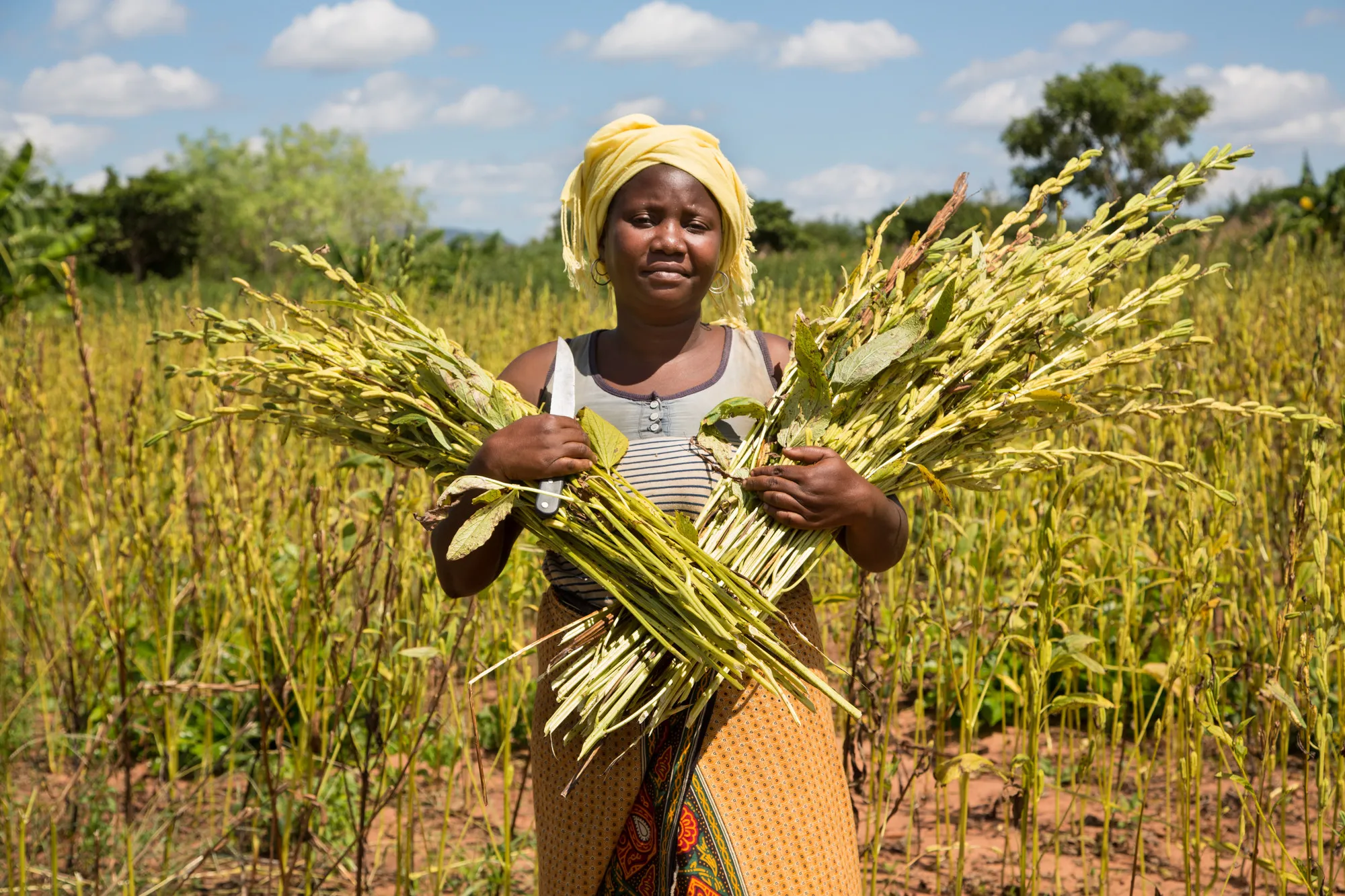May 22, 2024 – As major implementing partners of Food for Peace Title II and other U.S. international food aid programs, Catholic Relief Services, CARE, Mercy Corps, Save the Children, and World Vision oppose the House Agriculture Committee Majority’s Farm Bill proposal for Food for Peace within Title III. Its provisions would effectively end our work to address the root causes of global hunger and malnutrition and seriously compromise humanitarian food aid programs. We are facing unprecedented levels of food insecurity, which disproportionately affect women and children. We cannot afford a Farm Bill that endangers the life-saving work of Food for Peace.
As implementers, we know that the new spending directives included in this bill would drastically change Food for Peace, subverting the program’s mandate to build resilience and undoing 20 years of measured, bipartisan improvements. The Chairman’s proposal would result in Food for Peace reaching 2.3 million fewer people. At a time of rising hunger and malnutrition, this is unacceptable. Specifically, the bill:
- Requires that at least half of the Food for Peace budget be spent on the purchase of U.S. commodities and ocean freight: U.S. commodities have always been central to Food for Peace. The Chairman’s proposal, however, would not leave enough funding for American food to be transported beyond foreign ports, tracked, or distributed to children and families in need. This would also leave more people vulnerable to hunger and malnutrition by effectively ending critical programs that are working to address the underlying causes of food insecurity and malnutrition by building resilience.
- Creates new earmarks on humanitarian programs: We strongly support ready-to-use therapeutic foods (RUTFs) as a life-saving tool in the fight against severe acute malnutrition. We implement this tool in our programs, where necessary, and appreciate that we already have authorities to procure RUTF as needed. However, mandating RUTF procurement in Food for Peace is the wrong approach. It sets a dangerous precedent to earmark humanitarian assistance for specific commodities, modalities, and producers, reducing implementing partners’ ability to choose what is the best response for the communities where they work, in situations where time is critical. Mandating spending on one modality also limits funds for programs that help prevent malnutrition in the first place and protect against relapse.
- Shifts decision-making authority away from USAID: By disrupting the current structure that strikes the right balance between USAID and USDA’s expertise, this proposal would add time and bureaucracy to processes that are working to save lives in fast-changing humanitarian situations.In his May 10th letter, Chairman Thompson expressed his intention to “do no harm” in his Farm Bill. We share this goal and urge the Chairman to preserve the full range of tools necessary to effectively implement Food for Peace. This is critical to fulfill the program’s mandate to fight hunger now and, ultimately, eliminate hunger. We look forward to working with the Chairman and his staff as the Farm Bill moves forward.
Quotes from participating NGOs below.
“U.S. commodities are critical to our nation’s international food assistance programs; they are frequently necessary, but rarely sufficient. A sole focus on donated U.S. food distribution will not help farmers provide for their own families or participate in functioning local markets. Farm Billsupported food assistance programs must respond to market conditions and ensure communities’ progress on the journey of self-reliance.” – Bill O’Keefe, Executive Vice President, Catholic Relief Services
“US leadership fighting global hunger is at stake in this Farm Bill. We cannot hamstring our global anti-hunger programs by spending directives from Washington – we must listen to what local communities need, pay attention to the unique circumstances of women and girls, and use all available tools to stop hunger. These proposed earmarks will render Food for Peace virtually inoperable.” – Ritu Sharma, Vice President of U.S. Programs and Policy Advocacy, CARE
“The proposed changes to Food for Peace Title II outlined in the House bill would threaten our ability to carry out life-saving and resilience-building work in tandem. As a major implementer of Food for Peace-funded non-emergency programs, which invest in developing local food systems to promote resilience and save communities and donors from costlier humanitarian interventions in the long-run, we will continue to work with Congress to ensure these programs are protected and not gutted, as the current House proposal would do.” – Kate Phillips-Barrasso, Vice President for Global Policy and Advocacy, Mercy Corps
“As a Food for Peace implementer in six countries across Sub-Saharan Africa, we know what it takes to implement quality programs that are fighting hunger and building resilience. We know the Chairman and American farmers share our commitment to ensuring children around the world have access to nutritious food. Unfortunately, this bill would wreak havoc on both emergency and long-term Food for Peace programs that strengthen self-reliance.” – Christy Gleason, Vice President for Policy, Advocacy, and Campaigns, Save the Children
“As part of our mission to reach the most vulnerable, World Vision is proud to implement Food for Peace Title II programs. At a time when global hunger is on the rise, we know that key food security accounts like Food for Peace are most effective when resources can be tailored to the contexts in which we work. Government mandates as included in the House Agriculture Majority’s proposal, limit resources and take a one-size-fits all approach to ending hunger. As Farm Bill negotiations continue, we will work to increase the impact of Food for Peace and the food security programs authorized in this bill.” – Robert Zachritz, Vice President of Advocacy, World Vision

